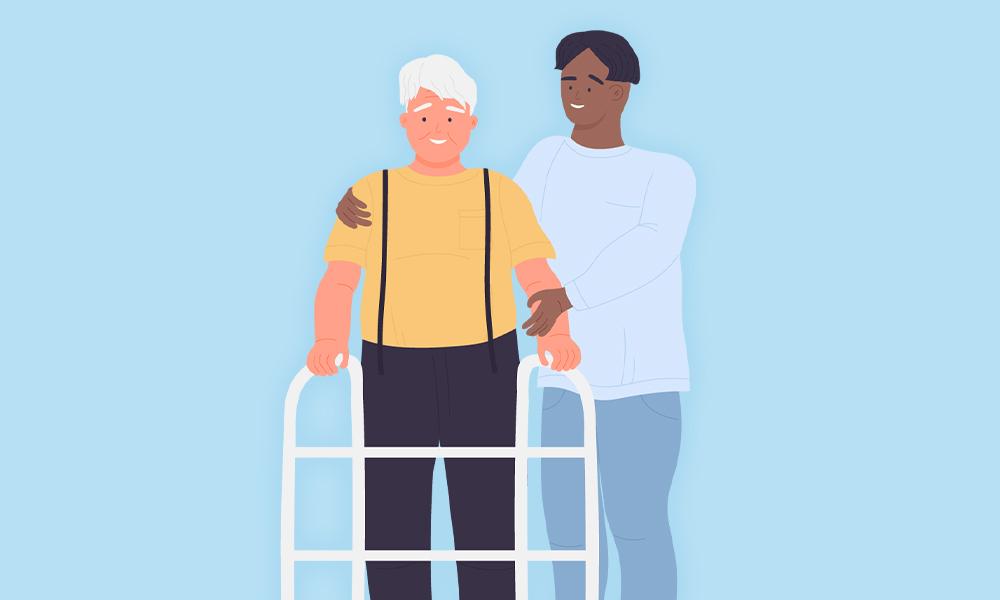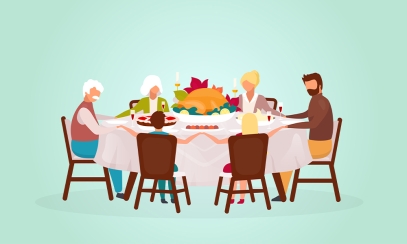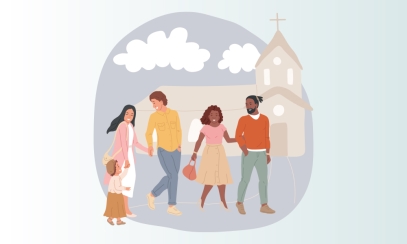
‘Help Others, Help Yourself’
“Too often, we underestimate the power of a touch, a smile, a kind word, a listening ear, an honest compliment, or the smallest act of caring, all of which have the potential to turn a life around.” – Leo Buscaglia
In my office, I have often told clients that one of the best things we can do when feeling depressed is to reach out to help others who are in need. In doing so, we will be brought out of ourselves; out of our obsessive thoughts about all that troubles us. We will be opened up to positive possibilities and to the realization that pain, rather than setting us apart, is something that unites us with our fellow humans.
“Too often, we underestimate the power of a touch, a smile, a kind word, a listening ear, an honest compliment, or the smallest act of caring, all of which have the potential to turn a life around.” – Leo Buscaglia
In my office, I have often told clients that one of the best things we can do when feeling depressed is to reach out to help others who are in need. In doing so, we will be brought out of ourselves; out of our obsessive thoughts about all that troubles us. We will be opened up to positive possibilities and to the realization that pain, rather than setting us apart, is something that unites us with our fellow humans.
You are probably accustomed to hearing ads for international charities, but there are a plethora of ways you can reach out to those in need right where you live. If these are not on your radar, do a quick internet search for the word “volunteer” and the name of your town or city. You will find food banks, rescue missions, and many other opportunities for service via local nonprofit organizations.
You can also ask yourself, “Do I know of anyone who has lost a loved one that they are especially missing right now? Do I know of a neighbor who is in ill health or acting as caregiver to an ill family member? Do I know an elderly person who might need rides to their appointments? Do I know someone who could really use my prayers?”
Let’s look at why helping others helps us.
In general, whether it is short-lived or longer-term, mild or severe, depression acts on us in a couple of predictable ways:
- Our thought patterns are focused inward.
- Our thought patterns are being pulled into the past (mainly sorrows and regrets).
- Both physically and mentally, we find ourselves lacking in motivation, even for doing things we normally enjoy.
Because these symptoms indicate being pulled into ourselves through our thoughts and feelings, it makes sense that part of the cure would be a reversal of that trend.
So, using one of the methods mentioned earlier, you can make a decision to deliver a meal, pray with/for someone, help plant a garden for those less fortunate, box up needed supplies for someone who has experienced loss of property due to a storm or fire, etc. In doing these acts of service, you will be turning your inward mental gaze outward to see the “other” who is hurting in your community, focusing less on your own problems.
In summary, as we begin to see our own situation as filtered through the painful life experience of another, our pain is lessened. We also find it easier to motivate ourselves to act when we know we are making a positive difference in our corner of the world.
As the song says, “Go make a difference.” You will be glad.
Cathy Altonji is a therapist at Catholic Family Services in Huntsville. She has a master’s degree in social work and is a licensed independent clinical social worker certified in private independent practice.



